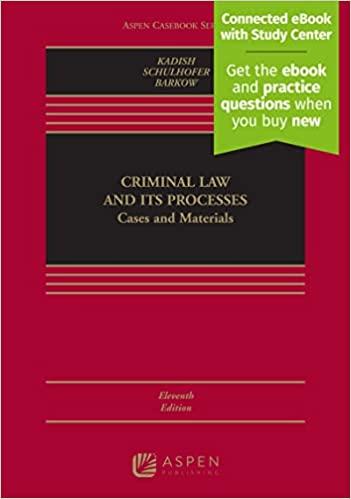Question
1.George was a unionized car mechanic with 25 years' service in an body shop. On Thursday, May 12, 2005, he reported an injury while handing
1.George was a unionized car mechanic with 25 years' service in an body shop. On Thursday, May 12, 2005, he reported an injury while handing a air brake valve, but he worked the balance of that day as well as the next. However, on the following Monday, George returned to work with a doctor's note stating he could only use his left arm. But because George was already doing modified work that required both arms, the employer said it could be offer him any modified work. The employer decided to undertake video surveillance of George off-duty. It was suspicious because George has a somewhat greater than average record of work-related incidents calling for medical attention, and it wanted to see whether he was engaged in activities that went beyond the medical restrictions imposed upon him by his physician. The surveillance revealed him carrying objects of significant weight and digging up his garden. George was fired by his employer. He grieved his dismissal, and an arbitrator had to rule on whether the surveillance evidence was admissible. If you were the arbitrator, how would you rule?
Explain your decision?
2.Sebrina (the "Grievor") was employed by the City of Toronto ( the "employer") for two year as a case worker in its employment and Social service department. The Grievor was discharged following a six-week investigation into her extensive use of city resources ( her office computer) and time ( to manage and run a charity for underprivileged children that the employer said breached it's conflict of interest policy)
At the hearing, the employer sought to rely on the seven email messages with attachments from the Grievor's work computer to establish that she was operating and managing the charity during work hours. The seven documents originated from the Grievor's H: drive- the network drive used by employees to store work documents on which they were actively working. The employer had obtained these email messages from the Grievor's work computer after she knew an investigate had been initiated but before she was discharge. The union objected to the introduction of the work computer email message on the basis that the Grieve had a reasonable expectation of privacy with respect to the material on her work computer Relying on R V cole, it argued that his information went to her " biographicalcore." It also said there is a fundamental distinction between running a for-profit business or viewing pornography on a work computer, and the Grievor's work for charity. The latter was not a fraud or breach of trust.
The employer, on the other hand, argued that the Grievor did not have reasonable expectation of privacy on her work computer because of the employer's clear IT policies, upon which the Grievor was trained, which specifically outline that an employees' use of the city's resources would be monitored.
Are the emails taken from the Grievor office computer admissible as evidence in the arbitration hearing? Explain your reasoning.
Step by Step Solution
There are 3 Steps involved in it
Step: 1

Get Instant Access to Expert-Tailored Solutions
See step-by-step solutions with expert insights and AI powered tools for academic success
Step: 2

Step: 3

Ace Your Homework with AI
Get the answers you need in no time with our AI-driven, step-by-step assistance
Get Started


